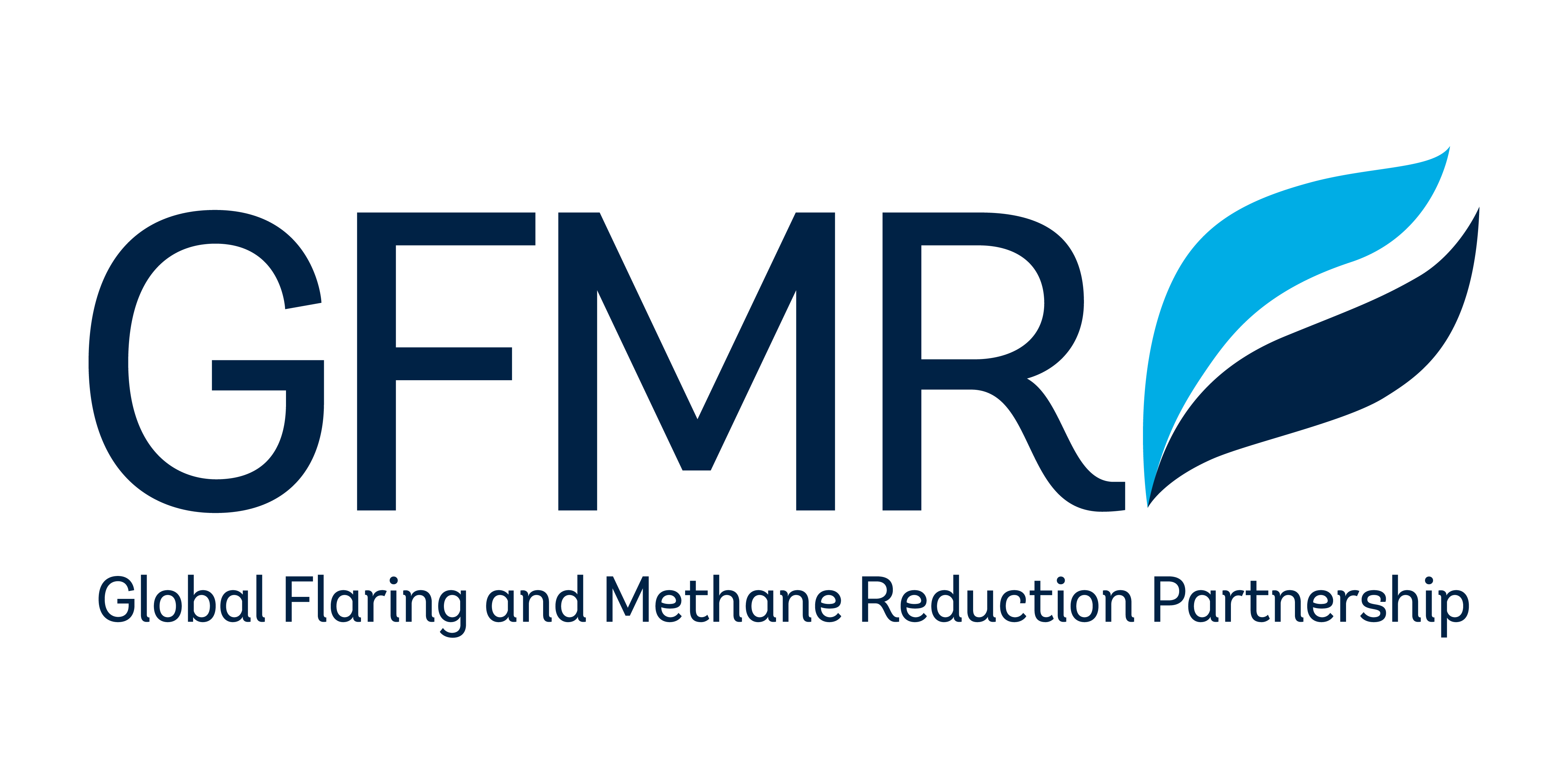Country
Assessment
Sonatrach, in alignment with Algeria’s NDC, targets less than 1 percent of total associated gas to be flared by 2030. Law No. 19-13, 2019 , prohibits flaring and venting except under certain conditions but does not specify any targets or limits. Executive Decree 21-330, 2021, repeals Executive Decree 13-400, 2013, regarding conditions for allowed flaring. There are limits on the duration of flaring (see section 10 of this chapter). Article 9(d) limits flaring during production to 1 percent of total volumes produced but Article 9(e) allows, subject to regulatory approval, for 12 months of flaring in the case of infrastructure bottlenecks. Article 19 limits flaring during midstream activities to 1 percent of the hydrocarbons transported via pipelines or entering processing or refining facilities.
No evidence regarding the use of market-based principles to reduce flaring, venting, or associated emissions could be found in the sources consulted.
Article 67 of Law No. 19-13, 2019 , requires both participation contracts and PSCs to include a joint marketing clause for natural gas to be exported. Sonatrach may market the gas on behalf of the partners if all parties agree. Article 121 states that serving the national market is a priority. Partners’ share of gas, or a portion of it, is transferred to Sonatrach if ALNAFT—in consultation with Sonatrach and the Electricity and Gas Regulatory Commission (Commission de Régulation de l’Electricité et du Gaz), which is responsible for forecasting demand—decides that these volumes are necessary to serve the national market (Article 123). Article 131 grants open access to the gas transmission pipeline infrastructure. The ARH sets the tariff. Article 146 allows gas prices to be negotiated by the sellers (Sonatrach or its upstream partners) and the buyers for volumes above the national needs, as determined by the Ministry of Energy and Mines. The ARH sets the price of gas sold to power plants and distribution companies. It must cover costs and fiscal and other charges and provide a reasonable rate of return (Article 147). Gas prices in the domestic market are heavily subsidized. Domestic gas demand increased from about 25 bcm in 2010 to about 45 bcm in 2019, driven largely by subsidized pricing. The government has been pursuing a gasification strategy. There are programs to convert light-duty vehicles to liquefied petroleum gas (LPG) and buses and trucks to compressed natural gas (CNG) to reduce the consumption of oil products. Still, most of the demand growth reflects increased power generation and distribution in cities. Phasing out energy subsidies is seen as necessary to avoid a demand-supply imbalance and encourage further development of nonassociated gas fields. All pipelines are developed and operated by Sonatrach under concessions granted by the Ministry of Energy and Mines (Article 127). Sonatrach delivers gas to liquefied natural gas (LNG), petrochemical and fertilizer plants, and refineries. A state-owned company, Sonelgaz, builds and operates distribution networks and serves other gas consumers.
No evidence regarding targets and limits could be found in the sources consulted. However, there is a de facto zero-flare policy for all new fields.
The fact that midstream licenses do not provide open access rights to third parties in privately constructed infrastructure could be a barrier to the commercialization of associated gas. These licenses are typically granted to companies affiliated with Sonangol. Third parties do not have access to such infrastructure if the right-of-way has already been granted for the midstream license.
No evidence regarding performance requirements could be found in the sources consulted.
Article 51 on fines in the Regulation on Petroleum Operations, 2009 , includes provisions on applicable monetary fines. If a monetary correction is needed, the penalty must be assessed under the terms of the Tax Correction Unit in force.
No evidence regarding nonmonetary penalties could be found in the sources consulted.
The MMRPG, created in 1978, oversees petroleum activities. It focuses mainly on coordination and cooperation with other entities. Its statute is provided under Presidential Decree 12/2018 as amended by Presidential Decree 159/2020. Other ministries, such as the Ministry of Environment and the Ministry of Finance, also have some degree of oversight and regulatory powers. Law 5/2019 created a new regulator, the National Oil, Gas and Biofuel Agency (Agência Nacional de Petróleo, Gás e Biocombustíveis). Presidential Decree 49/2019 provides the organic statute of this regulator, which took over from Sonangol as the exclusive holder of mineral rights for oil and gas exploration and production. Law 5/2019 granted Sonangol preferential acquisition and operational rights in oil and gas concessions and operations.
The Angola Liquefied Natural Gas Project (ALNG) is the first LNG project in Angola. It uses associated natural gas, helping to reduce gas flaring and associated greenhouse gas emissions. Daily capacity is 1.1 billion cubic feet (bcf). Decree 10/2007 created a special legal regime for the ALNG that includes specific maritime, tax, customs, and foreign exchange regimes. The ALNG is subject to a specific tax regime under which sponsor entities hold a tax credit of 144 months starting from the date of initial commercial production, deductible against the profit income tax. The ALNG is subject to a quarterly gas tax from the first LNG export shipment date. Decree 7/2018 provides more attractive tax rates to gas operations. The gas production tax is 5 percent (compared with 10 percent for oil). PSCs state that any surplus gas produced by oil companies that is not used for field use must be given free of charge to Sonangol (see section 5 of this chapter). The capital expenditures borne by companies for the storage and delivery of associated gas to Sonangol are cost recoverable. Sonangol will manage the gas infrastructure once commissioned and will also bear the cost of operating it. Should funding the gas infrastructure have a significant negative impact on the economic conditions agreed to in the PSCs for the contractor, Sonangol is required to modify the economic terms of the contract to restore the contractor’s economic position before the gas infrastructure project.


